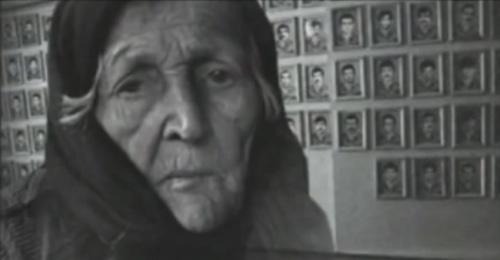
24 February 2018, 05:49
Historians report connection between deportation of Vainakhs and modern conflicts
The deportation of Chechen and Ingush people was a part of the national policy of Stalinism, states Ingush historian Angela Matieva. People from neighbouring regions were resettled to houses of the repressed people, and thus the ground for future conflicts was built, notes Russian historian Sergey Arutyunov.
The "Caucasian Knot" has reported that on February 22, an action to mark the anniversary for the beginning of the Ingush people deportation in 1944 was held near the memorial "Wall of Sorrow" in Moscow. Historians have complained that the archives about deportation are classified as secret information. Therefore, the number of victims is constantly distorted and the myths about mass treason and desertion of the Ingush people are being strengthened.
Barakh Chemurziev, the leader of the public movement "Support of Ingushetia", has learned about the deportation from the stories of his parents, who were expelled to Kazakhstan when they were children.
"I remembered the description of hunger and cold: people gave their children to small families to secure that children would not die of hunger," Barakh Chemurziev said.
The activist has noted that a lot of people were separated from their relatives and searched for them for years in exile.
Angela Matieva believes that all ethnic conflicts and territorial claims voiced by the nations of Northern Caucasus against each other are the result of the deportation.
Nikolai Silaev, Senior Researcher at the Centre for Caucasus Studies at the Moscow State Institute of International Relations (known as MGIMO), believes the attempts to justify the deportation of Vainakh people are inadmissible.
Warders gave Vainakh people the food suitable for them, added Sergey Arutyunov, a corresponding member of the Russian Academy of Sciences (RAS). "Many people died in transit of the cold, hunger and diseases ... Warders sometimes tried to feed people by giving them pork, but being Muslims, Chechen and Ingush people could not eat it," the historian noted.
Full text of the article is available on the Russian page of 24/7 Internet agency ‘Caucasian Knot’.
Author: Magomed Tuaev Source: CK correspondent




